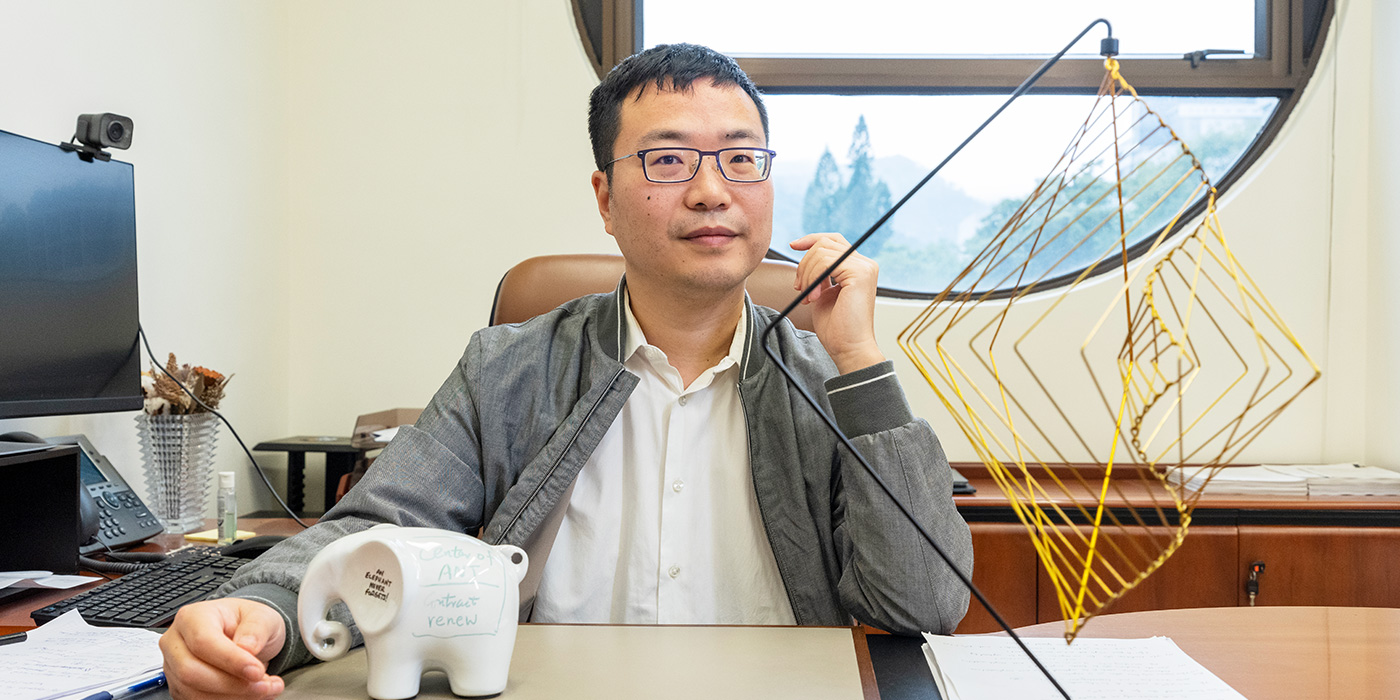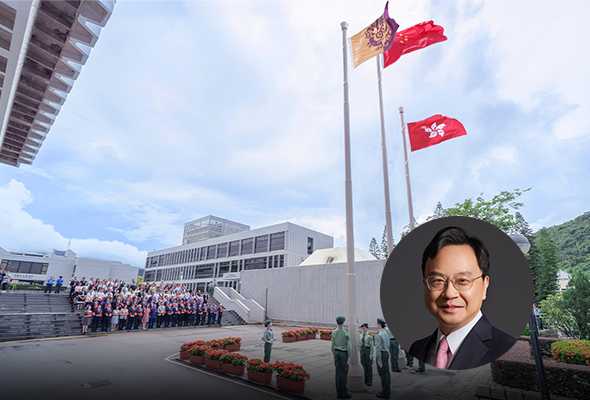Top mathematician He Xuhua’s winning formula
Seeking the truth about Lie’s
It was an ordinary scorching summer in the mainland’s mega inland city of Chongqing. An anything-but-ordinary schoolboy decided to escape the heat by staying indoors and burying his head in books throughout his vacation – mathematics books. “Computer games were almost non-existent when I was a kid,” recalls CUHK professor He Xuhua. “I spent most of my summers solving mathematics problems one by one.” That sowed the seeds of his lifelong interest in mathematics.
Now a leading scholar in pure mathematics, Professor He Xuhua joined CUHK in 2019 as the Choh-Ming Li Professor of Mathematics in the Department of Mathematics and the Institute of Mathematical Sciences (IMS). His research interests include algebraic groups, representation theory and arithmetic geometry, and are contributing to substantial advancement in the fundamental field of Lie Theory.
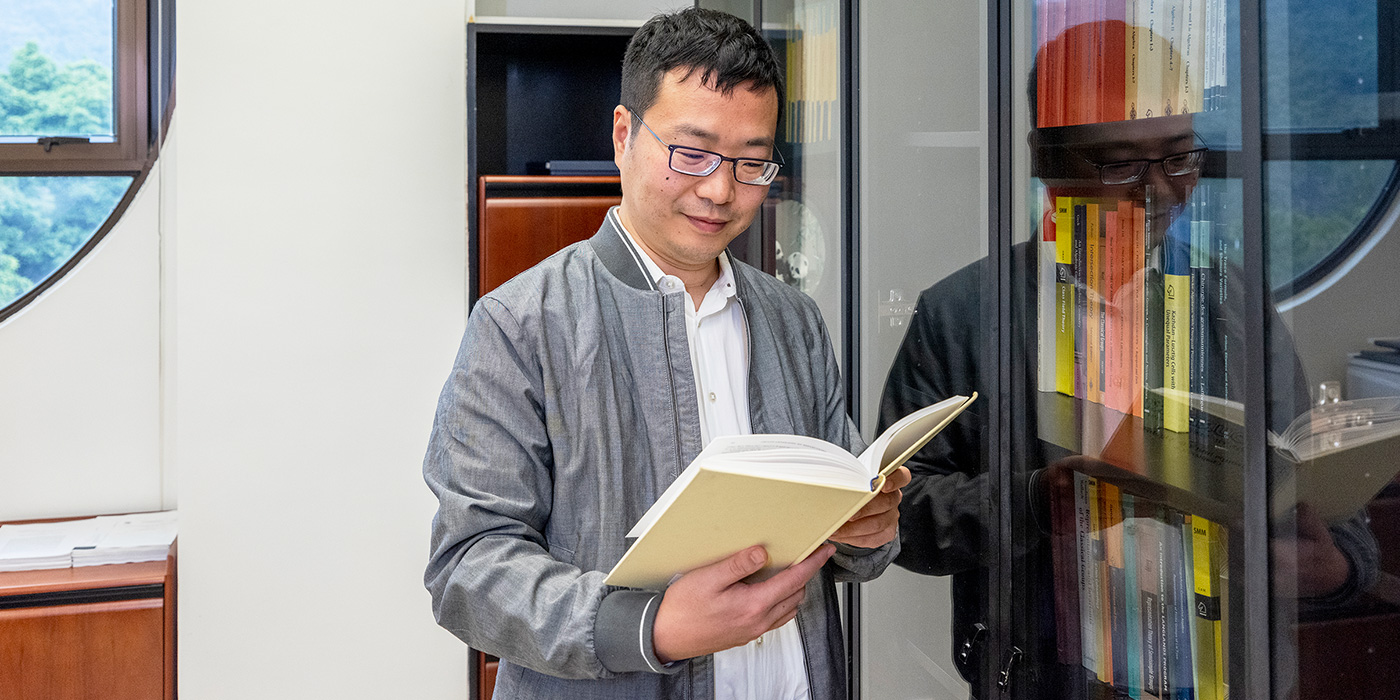
A chosen theory
“I am not engaging in research about truth and ‘lies’,” Professor He jests. “Lie Theory is basically the study of symmetries that commonly appear in our surrounding environment. For instance, magnificent architectural structures and eye-catching butterflies in nature have a close relation to symmetries. To me, symmetries and beauty are inseparable.”
Lie Theory includes Lie groups and Lie algebras. First proposed and discovered by Norwegian mathematician Marius Sophus Lie in the late 19th century, it is a pillar of modern mathematics. “George Lusztig, my PhD advisor at the Massachusetts Institute of Technology, brought me new insights into Lie Theory that shaped my thinking,” Professor He tells CUHK in Focus. “I found this theory very fascinating. That’s why I chose it from a large menu of mathematics topics, hoping to make my own contributions to its advancement.”
That is already happening. Last year, Professor He’s significant contributions to his field earned him the prestigious AMS Chevalley Prize in Lie Theory from the American Mathematical Society.
Early this year, Professor He was identified by Chinese technology giant Tencent as one of 58 outstanding scientists across the country as a new cornerstone investigator. Established by Tencent in 2022, the New Cornerstone Investigator Program is a non-profit program which aims to provide long-term support to outstanding scientists who focus on fundamental research projects that are of profound importance to humankind. It will support Professor He’s research for five years with a grant of RMB15 million.
He is deeply grateful. “Three scientists from Hong Kong were awarded the grant to conduct basic research, and I am very honoured to be one of them.”
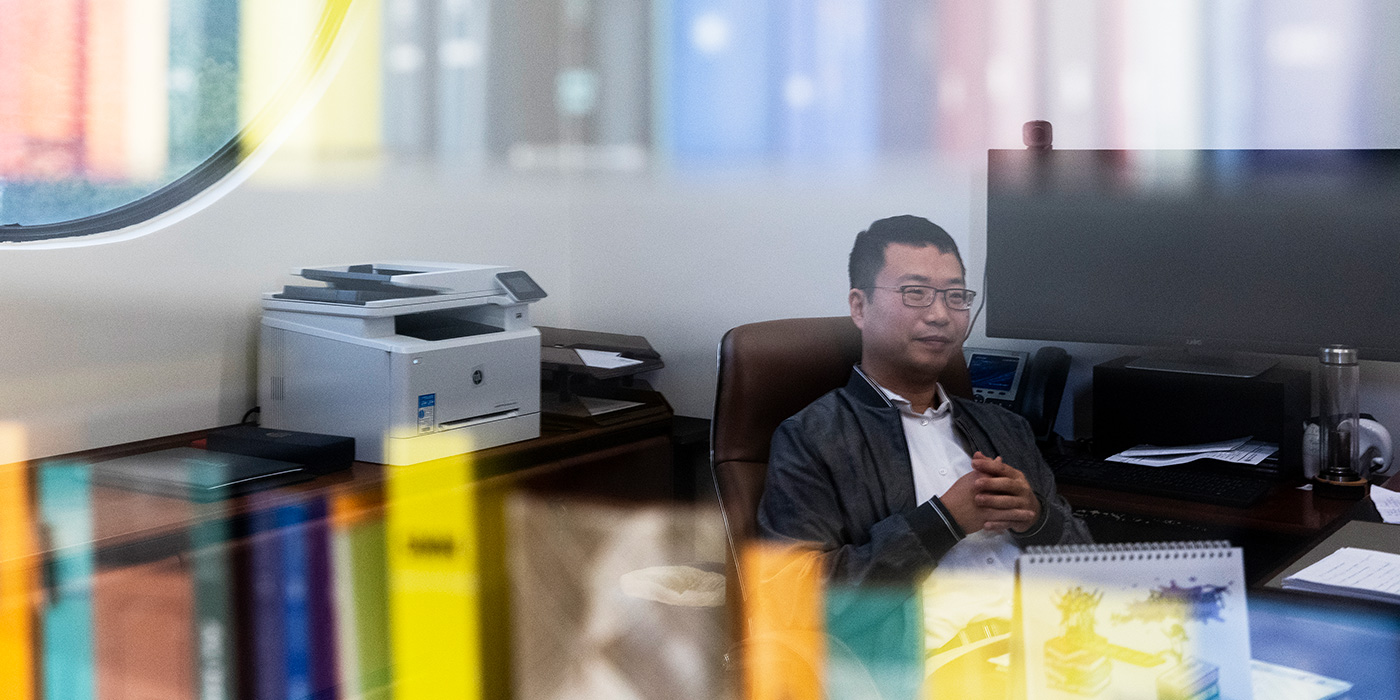
Curious consequences
“Most research in basic and fundamental sciences doesn’t impact society immediately,” notes Professor He. “It often takes decades or even hundreds of years.” He cites the example of researchers many years ago who, solely out of curiosity, began to study Number Theory. At the time, they paid little attention to how it could change the world. Today, it is a crucial mathematical element in daily life, underpinning the encoding and decoding of data for our cell phones.
Professor He describes the nature of his research as “purely curiosity-driven”. He illustrates his point with a story about Albert Einstein. “Einstein’s reply to ‘what’s the speed of the sun?’ was ‘I don’t know’, for he never tried to memorise numbers. Knowledge is made up of facts and theories – and I’m more interested in the latter.”
“I find pure mathematics intriguing as I am obsessed with understanding the theories behind facts. Revealing the hidden truth is a fulfilling experience: the more you learn about it, the more you understand – and the more you get into it!”
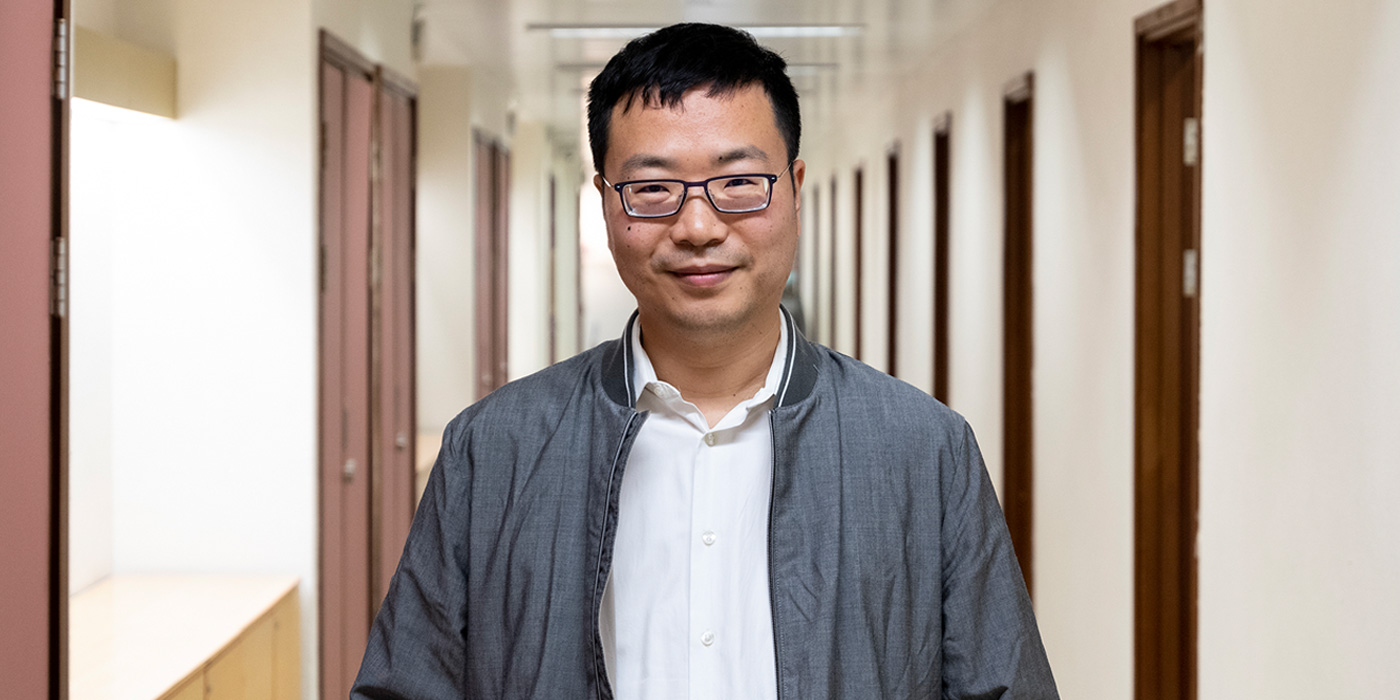
Algebra and ambition
One of his ambitions in the next 10 years is to establish a centre for algebra. Tencent’s grant will, he believes, bring him a step closer to his goal. “The study of algebra is one of the main areas in mathematics. I hope the centre will be among the top in Asia and gain a competitive edge in the international arena.” The centre is expected to be a magnet for talented mathematical researchers with fresh and innovative ideas.
Just as the Taj Mahal and butterflies have Lie Theory in common, Professor He encourages aspiring mathematicians to keep searching for other symmetries. “Always keep your eyes open. Don’t just focus on a particular area – look further, and you may find amazing and unexpected connections between different topics!”
By Gillian Cheng
Photos by LCT

